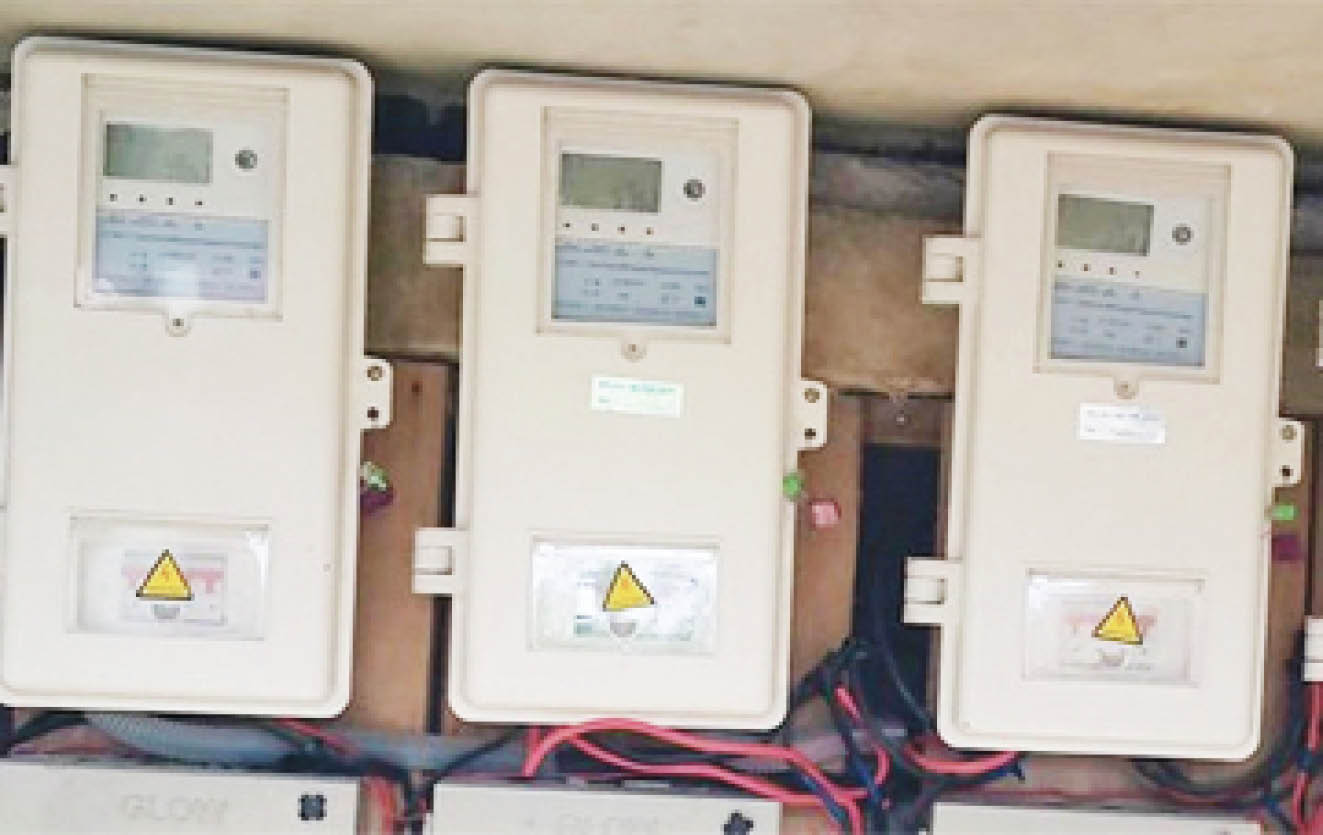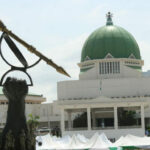The federal government, through the Nigerian Electricity Regulatory Commission (NERC), increased the price of single-phase and three-phase pre-paid twice between 2021 and 2023 jerking up their prices by 83 per cent and 145 per cent, respectively.
Daily Trust reports that the increase affected the Meters Asset Provider (MAP) scheme which allows for third-party financing of meters across the country.
The price increase led to single-phase meters sold for N44,896.17 in 2021 rising to N81,975.16 in 2023, an 83-per cent increase.
Three phase meters that were priced at N82,855.19 in 2021 now cost N109,684.36 now cost N143,836.10, a 145-per cent increase.
- Labour presses on, to decide on strike
- Your cries don’t bother me, Wike reacts to video on sacked urban buses’ MD
With the NERC responsible for the approval of the pricing of the sale of meters in the country, the commission approved two price increases during the period with a single-phase meter sold for N44,896.17 in 2021 increased to N58,661.69 in November 2021, then reviewed to N81,975.16 in September 2023.
For the third phase meter, its price was moved from N82,855.19 to N109,684.36 in 2021 and N143,836.10 in 2023.
Why metre prices were increased
In an order announcing the price increase, NERC stated that the act was necessitated to enable MAP’s ability to recover reasonable costs associated with meter procurement and maintenance while ensuring that their pricing structure allowed for a viable return on investment.
“Evaluate the affordability of meter services for consumers, aiming to prevent excessive pricing that could burden end-users. Ensure that MAPs are able to provide meters to end-use customers in the prevailing economic realities,” it said.
But Daily Trust gathered that NERC’s decision was influenced by a request from the Meter Manufacturers and Assemblers Association of Nigeria (MMAAN), that cited increase in cost of production, export duties, increase in forex, among others, as necessitating the increase of meters.
The group in a letter addressed to NERC in March had demanded the prices of the meters go up to N117,323.38 for single-phase meters and N219,368.72 for three-phase prepaid meters as it stated that the cost for each meter costs N101,061.10 and N185,047.20 to produce for single-phase and three-phase meters, respectively.
Even though NERC approved a reduced price, experts have pointed out that the increase would make it difficult for more electricity consumers to be metered since they are the ones responsible for the purchase of the meters.
According to data released by the National Bureau of Statistics in the second quarter of 2023, there are currently 6m Nigerians who are under estimated billings.
Going by the new price of a single-phase meter, unmetered customers would have to cough out N491.8bn to have access to the meters.
But the electricity distribution companies, from whom the meters are requested, have stopped collecting orders to offset orders of those that made payment before the price increase.
Similarly, the acting president, Meter Manufacturers and Assemblers Association of Nigeria (MMAAN), Engr Ademola Isaac Agoro, in an interview with Daily Trust, stated that the instability of the naira in the forex market indicated that it is time for the government to stop the control of meter price.
He said this is necessary as the manufacturers rely on products imported into the country to produce the meters.
“There is no way the government can control the price of meters. Why are they not controlling the price of transformers and cables? it does not add up, so the meter should be allowed to be liberalised.”
On his part, the President of Nigeria Consumer Protection Network, Kunle Kola Olubiyo, blamed the recent hike in customs imports duties/customs charges, devaluation of the naira and other multiple charges by different government agencies at ports.
Olubiyo wondered why it is the duty of electricity consumers/end-user customers in the electricity market to provide pre-paid meters or fund the deployment of meters meant to enhance cost recovery, energy accountability and returns of investment for electricity distribution companies.
He added that the agreement signed by the companies before the sector was privatised under the Service Level Agreement (SLA) was that they would provide the meters as a means to guarantee revenue efficiencies and collection efficiencies.

 Join Daily Trust WhatsApp Community For Quick Access To News and Happenings Around You.
Join Daily Trust WhatsApp Community For Quick Access To News and Happenings Around You.


